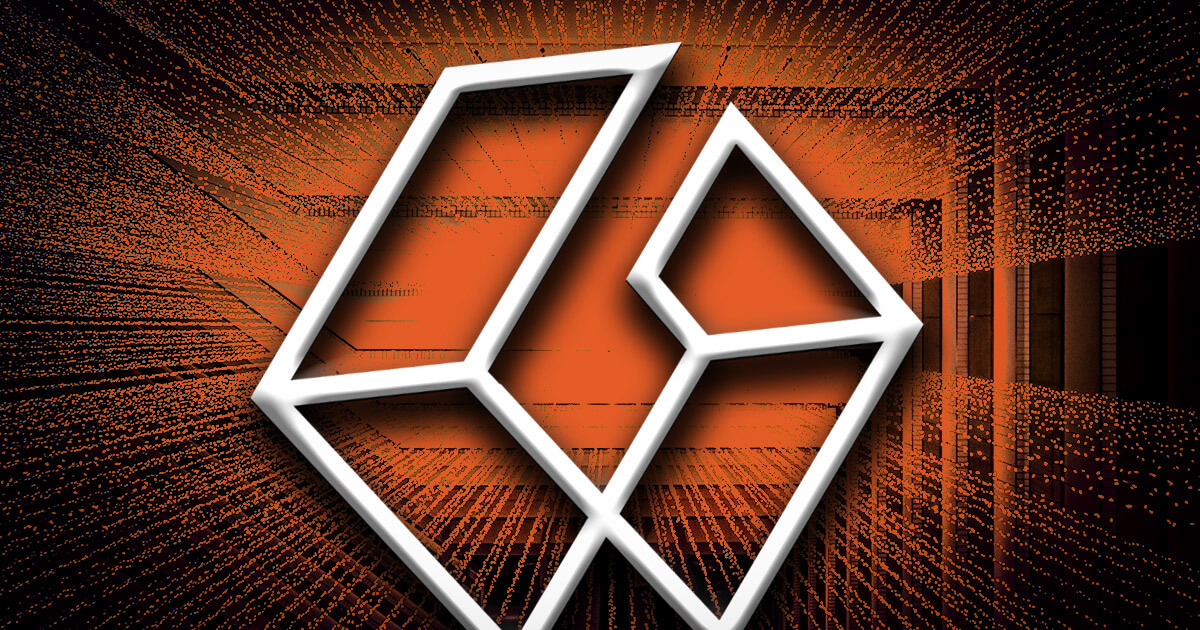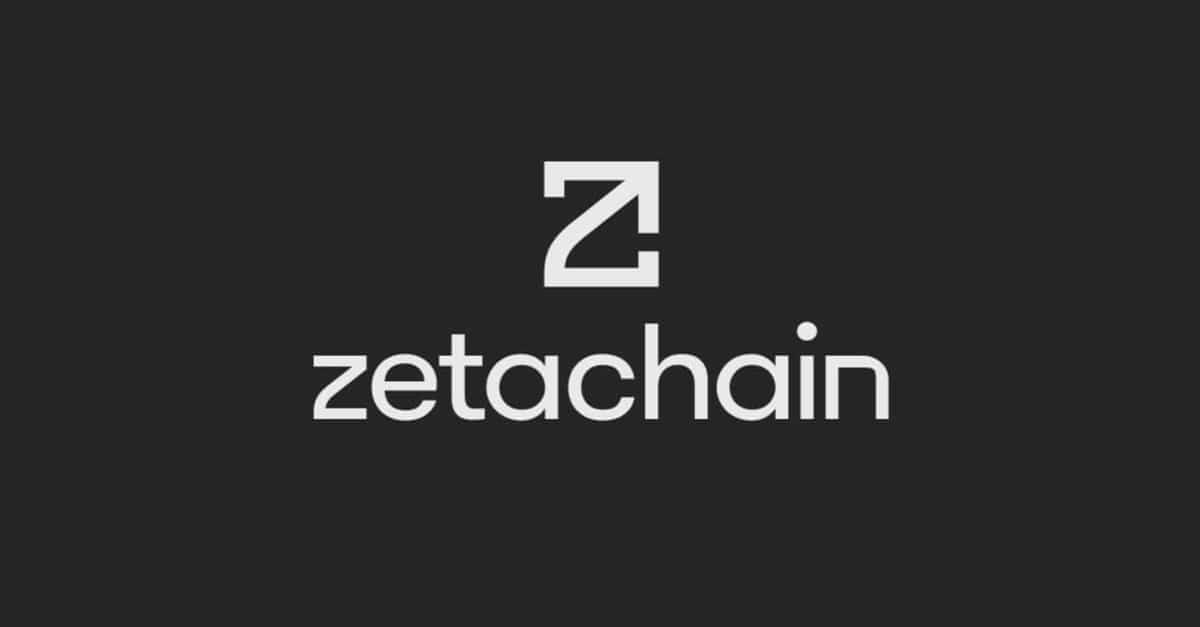The blockchain and cryptocurrency industry has been expanding rapidly across the globe, with the Principality of Liechtenstein emerging as a significant player in the European landscape. As the sixth smallest country in the world, Liechtenstein has gained international attention for its proactive approach to crypto and blockchain regulations. CryptoMode delves into Liechtenstein’s pioneering Token and Trusted Technology Service Providers Act (TVTG) and examines its compatibility with the upcoming Markets in Crypto-Assets (MiCA) regulation.
Liechtenstein’s Blockchain Act
In 2019, Liechtenstein distinguished itself as one of the first countries globally to implement specific legislation for crypto and blockchain, the Token and Trusted Technology Service Providers Act (TVTG), also known as the Liechtenstein Blockchain Act. This groundbreaking legislation has been in effect since 2020, creating one of the world’s first regulated environments for token-related services.
Since the implementation of the TVTG, Liechtenstein has witnessed a steady increase in the number of crypto service providers establishing operations within its borders.
The TVTG’s regulatory certainty and direct communication channels with the local Financial Market Authority (FMA) have contributed to the country’s crypto-friendly atmosphere.
The Token Container Model: Liechtenstein’s Innovative Approach to Token Regulation
Liechtenstein’s TVTG was the first legislation globally to introduce the Token Container Model (TCM), providing a legal framework for tokens based on their functionality. This groundbreaking approach allowed for the classification of tokens into utility tokens, security tokens, or payment tokens. This distinction clarified that not all tokens are financial instruments, offering greater legal certainty and garnering positive feedback from the crypto industry.
When Liechtenstein’s Blockchain Act was designed in 2016 and passed in 2019, decentralized finance (DeFi) applications and non-fungible tokens (NFTs) had not yet gained the prominence they enjoy today. The TVTG’s flexible, “principle- and role-based” approach allows for adaptation to innovations and technological developments in the crypto and blockchain space, emphasizing a “technology-neutral” stance.
Compatibility with the Upcoming MiCA Regulation
With the introduction of the Markets in Crypto-Assets (MiCA) regulation, questions have arisen regarding its compatibility with Liechtenstein’s existing Blockchain Act.
As both legislative frameworks aim to provide a regulated environment for crypto assets and services, assessing their alignment and potential impact on Liechtenstein’s crypto industry is crucial.
Liechtenstein’s pioneering Blockchain Act and its compatibility with the upcoming MiCA regulation will be instrumental in shaping the country’s future as a key player in the crypto and blockchain sector.
By maintaining its flexible and technology-neutral approach to regulation, Liechtenstein is well-positioned to adapt to emerging trends and maintain its status as an attractive destination for crypto service providers.
None of the information on this website is investment or financial advice and does not necessarily reflect the views of CryptoMode or the author. CryptoMode is not responsible for any financial losses sustained by acting on information provided on this website by its authors or clients. Always conduct your research before making financial commitments, especially with third-party reviews, presales, and other opportunities.
Credit: Source link














































